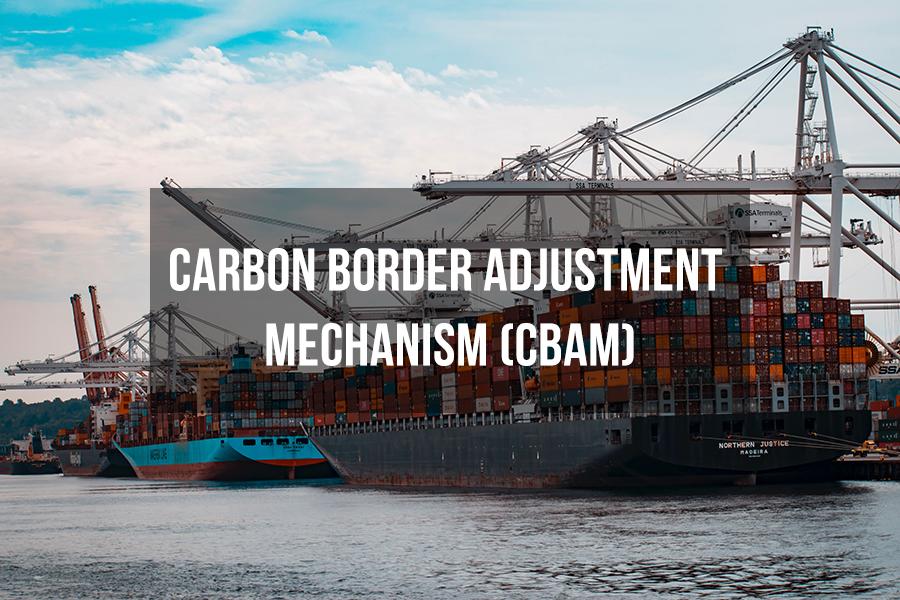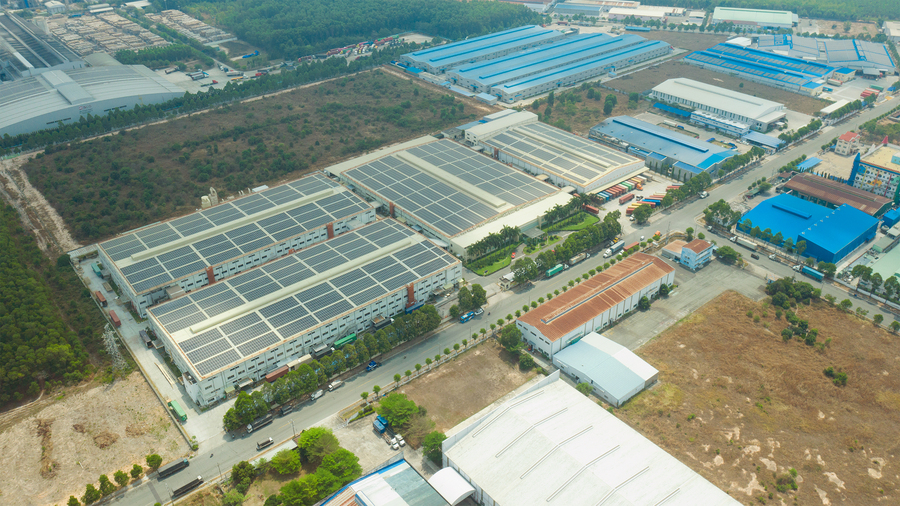

Carbon Border Adjustment Mechanism (CBAM) is proposed by The European Union likely to have a significant impact on businesses exporting to the region. The CBAM is designed to level the playing field for European businesses that are facing carbon pricing, by imposing a carbon border tax on imports from countries without equivalent carbon pricing measures.
This tax is intended to reduce the carbon emissions of imported goods and ensure that they are produced in an environmentally friendly manner. As a result, businesses that are exporting to the European market must take steps to reduce their carbon footprint and ensure that their production processes meet the region’s strict environmental standards.

One effective solution is to implement green initiatives, such as installing a solar power system for production. A solar power system allows a business to generate its own clean, renewable energy, reducing its reliance on fossil fuels and reducing its carbon footprint. This not only helps to meet the emissions standards set by the European market, but it can also save the business money on energy costs in the long term.
In addition to the environmental and financial benefits, greening your business can also help to improve your reputation and attract customers who are looking for environmentally conscious companies. With the introduction of the CBAM, businesses that are exporting to the European market must take steps to reduce their carbon footprint and stay ahead of the competition.
It’s important for businesses to stay informed about the latest developments related to the CBAM and assess the potential impact on their operations. By investing in green initiatives and reducing their carbon footprint, they can not only meet the emissions standards set by the European market but also benefit from the long-term financial and environmental benefits.